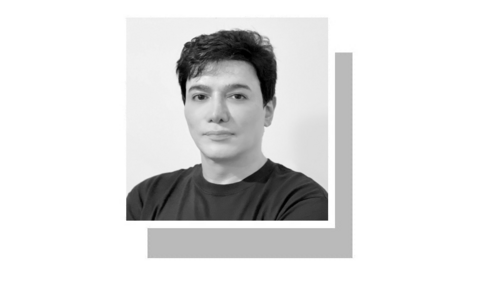PESHAWAR, Feb 25: A three-month-old girl from Malakand district on Monday became this year’s second polio case in Khyber Pakhtunkhwa.
Local officials told Dawn that Khais, a resident of Umar Killey Badragai Union Council in Dargai tehsil of Malakand district, had tested positive for polio at National Institute of Health, Islamabad.
They said the tehsil hadn’t reported any polio case for five years. The first polio case of the year in Khyber Pakhtunkhwa was reported on Feb 8 as a 13-month-old boy from Bannu district, Muzakar Khan, was diagnosed with polio.
The officials said no polio vaccination campaign had been carried out in the area for three months leaving many children, including the fresh polio sufferer, unimmunised.
According to them, last year, the province had 27 fresh polio cases, the highest number reported by any province in the country. Overall, the country’s polio case tally was 58 last year.
Officials said the province was under tremendous pressure to contain the virus and that the World Health Organsiation believed that Pakistan was responsible for re-infecting the countries, which had long been polio-free. They said in 2013, the country had so far reported three polio cases, two reported in Khyber Pakhtunkhwa.
Officials feared that polio cases might come from the districts, where no child had suffered from the virus last year, due to poor or no vaccination.
They said Bannu, which reported the year’s first polio case in the province, had been polio-free for a year.
According to the officials, the government has abandoned the strategy of mass polio vaccination and is now only administering oral polio vaccine to children in targeted area due to a limited supply of vaccine.
“We begin vaccination in areas, which report cases,” an official said. He, however, said the vaccination campaigns had been carried out without prior announcements and publicity since the killing of vaccinators in Peshawar and Charsadda last month.
Officials said vaccination campaigns were also carried in the adjacent districts to stop circulation of virus. They said the number of polio virus clusters had been brought down to four in 2012 from 11 in 2011 through targeted vaccination, which reduced financial cost of the campaign.
According to officials, the government is now funding polio vaccination on its own and has changed the strategy of mass immunisation as one OPV dose costs 30 cents and the country requires 35 million doses in each of the nine national immunisation campaigns in the country.
Similarly, the money previously spent by Unicef on mobilisation activities also remained unspent and can be diverted to operational cost of the immunisation campaigns.
They said WHO would continue paying vaccinators and conducting their training programmes but would receive funds from the government to finance its cost of monitoring on polio programme.
The officials said the government was alive to the fact that the UN, which spent huge money on polio until 2012 in Pakistan, would now only pay salaries to its staff associated with the campaign.












































Dear visitor, the comments section is undergoing an overhaul and will return soon.